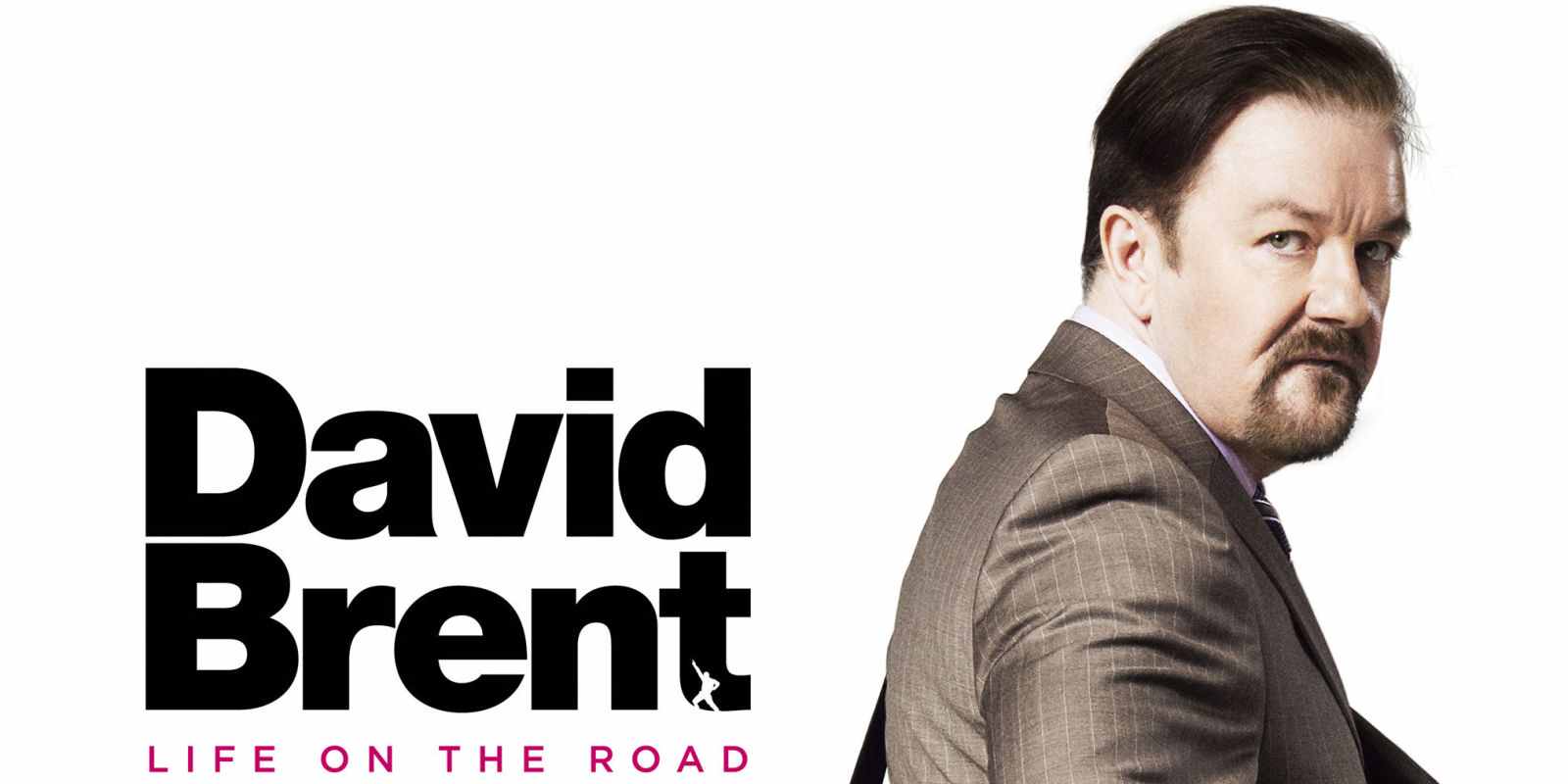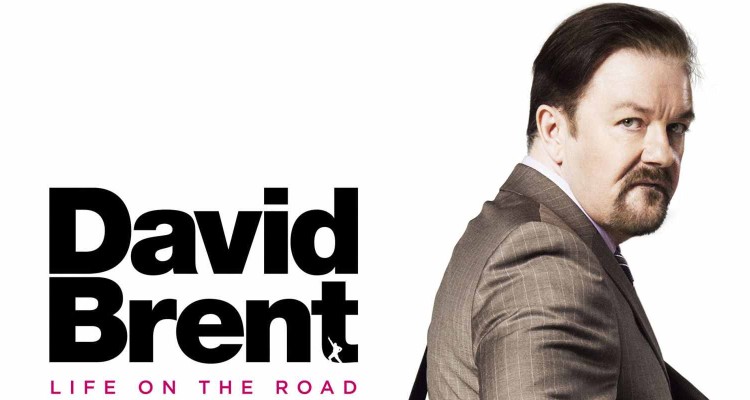Allow me to cast your memory back to the summer of 2001, it was during this pleasant yet
unremarkable time that BBC Two, which at this point had long been established as the home of
British comedy, took a chance with a little known comedy called the Office and a little known
comedian named Ricky Gervais. In the form of a mockumentary, the show centred around a fictional
Slough paper company called Wernham Hogg and the manager of its office David Brent – a man
often politically incorrect and socially inept, a man completely lacking in self-awareness and finally, a
man so cringe worthy, every time he stepped into the room, immediately your hands were drawn to
your eyes in preparation for the embarrassment that was sure to come. So naturally a movie had to
be made of him!
Despite a change in career and surroundings – from manager at Wernham Hogg to a sales rep for
cleaning products, a dream in David Brent’s heart refused to die down, in Brent’s eyes he was born
to be a star, a rock star. Destined for world domination, Brent goes on holiday fully expecting to not
come back and takes out all his pension fund to finance his road trip to fame and fortune. However,
things don’t start off to well, first instead of a big send off from work all he gets is a lousy card signed
by only one work colleague, the sweet Pauline. Also, instead of an around the world tour, all David
can afford is a tour around the pubs and clubs of Reading and Slough. Unperturbed, David assembles
his band called Forgone Conclusion, built from local unknown artists, one of which is token black
rapper Dom Jonson (Ben Bailey Smith), who you feel is brought around by Brent as an embarrassing
attempt to gaining some coolness.
However, as we have seen in the past with recent film adaptations of popular TV shows such as
Entourage, Sex and the City and even Absolutely Fabulous, in the vast uncompromising glare of
cinema, sometimes the laughs and charm can fade away, leaving a hollowed version of the original.
Which was exactly what I feared for David Brent: Life on the Road, whilst a character like David Brent
could seem bizarrely loveable on a 2001 TV screen, on a 2016 movie screen in a more cynical world,
he could’ve easily come across a lot more annoying and less sincere.
Whilst Gervais did well to quellsuch fears, the film was certainly not without its faults.
Sure, Life on the Road did possessesinstances of comedy brilliance, but even these were too infrequent and
subpar by the TV show standard. Gervais’s racial humour in 2001 might have passed as funny, in 2016 they
seemed dated and in bad taste, but at no point was I actually offended by his humour. On a positive note,
Gervais was more dissecting and sentimental of Brent in the film than he usually was in the original show,
he peeled back the larger than life exterior of Brent and revels him to be a lonely man just looking for
acceptance. Because of this, Life on the Road was able to do what most adaptations have failed to
do in the past, it gave us closure.
Credits:
Written by OnTrax Reviewer Silva Chege.







